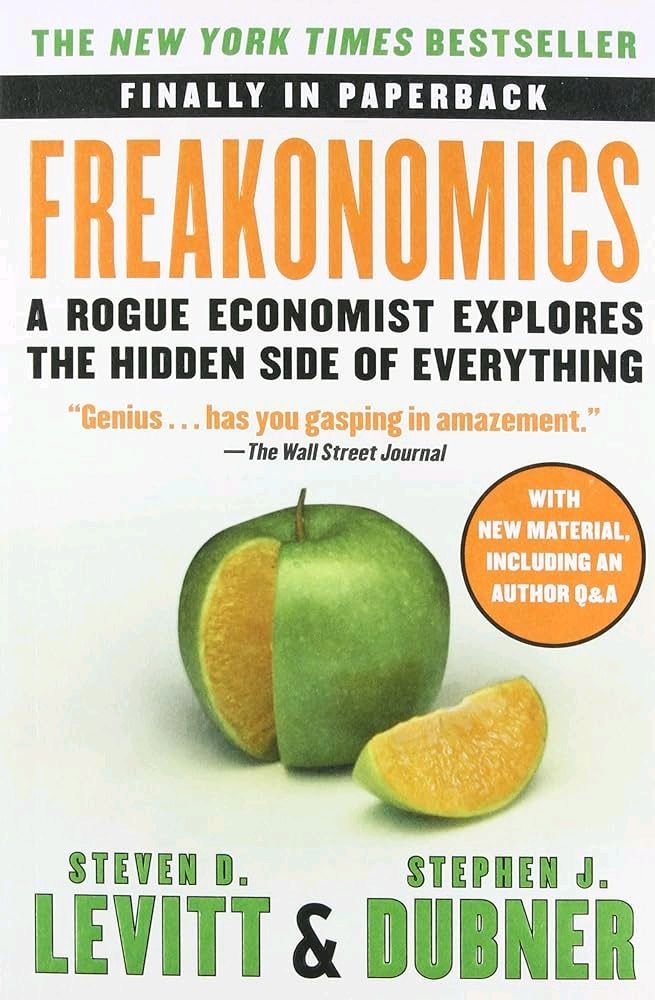Audio available in app
Context matters in interpreting information from "summary" of Freakonomics by Steven D. Levitt
The way we interpret information depends greatly on the context in which it is presented. A simple change in wording or framing can completely alter the meaning we derive from the information. In the world of economics, this concept is particularly important because data can be manipulated to support various arguments depending on how it is presented. For example, consider the case of crime statistics. If a politician wants to paint a positive picture of their city's crime rate, they might choose to focus on the number of crimes that have decreased over the past year. Conversely, if they want to highlight a negative aspect, they might choose to focus on the crimes that have increased. The same data can be used to tell two very different stories, depending on how it is framed. This idea can also be applied to everyday situations. When we hear about a new study or research finding, we often fail to consider the context in which the information was gathered. We need to ask questions like: Who conducted the study? What was their methodology? What biases might be present? Without this contextual understanding, we run the risk of misinterpreting or misusing the information we receive. In order to make informed decisions and draw accurate conclusions, we must always consider the context in which information is presented. This requires a critical eye and a willingness to dig deeper than the surface level. By doing so, we can avoid falling victim to manipulation and ensure that we are interpreting information in a way that is truthful and meaningful.Similar Posts
The iterative nature of research methods allows for refinement of findings
Research methods are not a one-time endeavor but rather a process that involves multiple iterations. This iterative nature of r...
Utilizing reciprocity fosters goodwill
Utilizing reciprocity is a powerful tool in manipulating people to your advantage. By giving something to someone, you create a...

Overcoming biases requires selfawareness and discipline
To improve decision-making, individuals must first recognize that they are prone to various biases. It is crucial to acknowledg...
Share your insights with others
Sharing your insights with others is a crucial step in the process of expanding your knowledge and understanding of the world a...

Free yourself from societal conditioning
The concept of freeing yourself from societal conditioning is about recognizing the influences that society has on your thought...
Managers need to be aware of their cognitive biases
The concept of managers needing to be aware of their cognitive biases is crucial in the field of decision making. As human bein...
Build strong relationships and networks
In order to navigate the changing world order successfully, it is essential to establish and nurture strong relationships and n...
Refine critical thinking toolkit
To refine your critical thinking toolkit means to sharpen the skills you already possess and to add new tools to your arsenal. ...
Develop hypotheses to guide analysis and solution development
Hypotheses serve as critical tools in problem-solving, providing a framework for analysis and guiding the path to effective sol...

